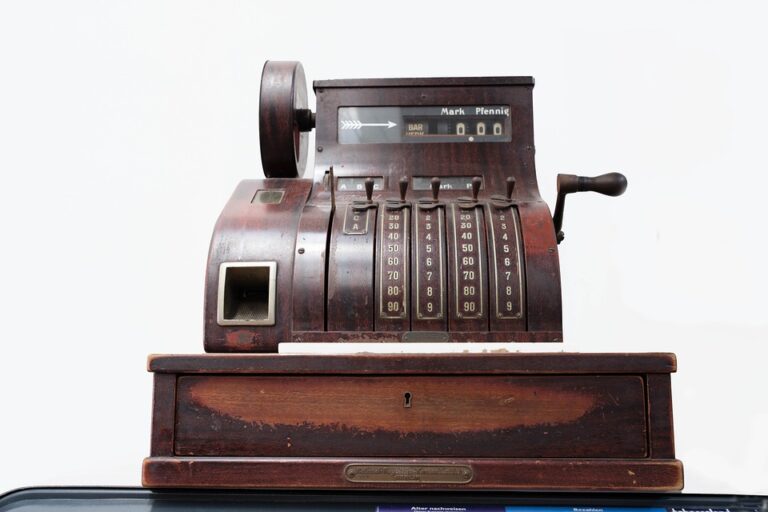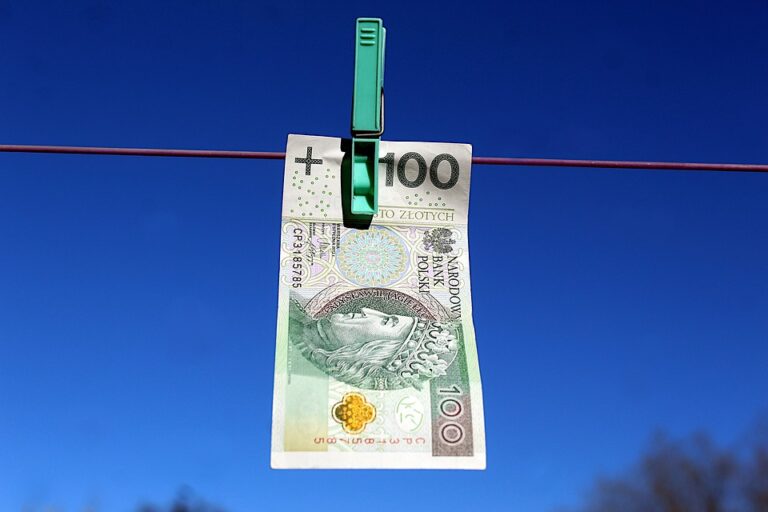Last updated Aug. 1, 2024 by Okechukwu Nkemdirim
The Cost of Owning a Car
Owning a car is often considered both a necessity and a luxury. While it offers unparalleled freedom and convenience, it also comes with various expenses that can accumulate over time. This article delves deep into the various costs associated with owning a car, offering insights to help you understand the financial commitment you’re taking on. We will also provide a helpful FAQs section towards the end for quick reference on common queries.
Purchase Price
The initial cost of acquiring a car is one of the most evident expenses related to car ownership. Whether you’re buying a new or used vehicle, this sum can considerablely differ based on the make, model, and market demand.
- New Cars: New vehicles come with a higher price tag, ranging from a few thousand dollars for an economy car to over $100,000 for luxury and sports models. The advantage is the warranty and the assurance of fewer immediate repairs.
- Used Cars: Used vehicles are usually cheaper but can come with hidden costs related to maintenance and repairs. However, they are a viable option if you are looking for a more budget-friendly purchase.
Financing
Unless you are purchasing the car outright with cash, you’ll likely need to finance your purchase through a loan or lease.
- Car Loan: When you take out a loan, you will pay interest in addition to the principal amount borrowed. Interest rates depend on various factors such as your credit score, loan term, and economic conditions.
- Leasing: Leasing a car typically involves lower monthly payments compared to a loan, but you don’t own the vehicle at the end of the lease term. Additionally, you may face mileage limits and potential fees for excessive wear and tear.
Insurance
Car insurance is not only a legal requirement but also a crucial aspect of car ownership. The cost of insurance depends on numerous factors including the type of car, your driving history, and the coverage level you choose.
- Liability Insurance: The most basic level of coverage, required by law in most places.
- Comprehensive and Collision Insurance: Provides a higher level of protection but comes at an increased cost.
- Other Coverage: You may also want to consider additional types of coverage such as gap insurance or uninsured motorist coverage.
Depreciation
Depreciation is an often-overlooked cost. A new car starts losing its value the moment it is driven off the lot. On average, a new car can lose up to 40% of its value in the first three years.
- New Cars: Depreciate faster; consider buying models known for holding their value.
- Used Cars: Depreciate slower but may come with higher maintenance costs.
Maintenance and Repairs
Maintaining a car involves regular upkeep to ensure it runs smoothly.
- Routine Maintenance: Oil changes, tire rotations, and brake inspections are necessary to keep your vehicle in good working condition.
- Repairs: Unexpected repairs can range from minor issues like brake pad replacements to major repairs like engine or transmission overhauls.
- Extended Warranties: May be worth considering to offset potential repair costs.
✓ Short Answer
Owning a car involves multiple costs, including the initial purchase price, financing, insurance, depreciation, and ongoing maintenance. Each of these can vary widely depending on the specific vehicle and your financial situation.
Fuel
The cost of fuel is an ongoing expense and can be highly variable depending on your vehicle’s fuel efficiency, driving habits, and the price of fuel in your area.
- Fuel Efficiency: Vehicles with higher miles per gallon (MPG) will be cheaper to operate than those with lower MPG.
- Types of Fuel: Gas, diesel, and electric options come with different cost structures. Electric vehicles (EVs) can lower fuel costs but may involve higher initial purchase prices.
Registration and Taxes
You will also need to budget for vehicle registration and taxes.
- Registration Fees: These are usually paid annually and can vary by state or country.
- Taxes: Sales tax on the purchase of the vehicle and possibly ongoing property taxes depending on your locality.
Parking and Tolls
Parking and tolls often get overlooked but can be significant, especially in urban areas.
- Parking: Residential permits, metered parking, and parking garages can add up.
- Tolls: Frequent use of toll roads and bridges can significantly impact your monthly budget.
Opportunity Costs
Owning a car also includes implicit costs like the opportunity cost of money tied up in the vehicle, which could otherwise be invested.
Tips to Manage Car Ownership Costs
- Choose Wisely: Select a car that fits your budget and needs, rather than splurging on luxury features.
- Shop for Loans: Compare interest rates and loan terms before making a decision.
- Bundle Insurance: Consider bundling different insurance policies to get a discount.
- Regular Maintenance: Follow a routine maintenance schedule to prevent costly repairs down the line.
- Fuel Efficient Driving: Practice fuel-efficient driving habits and plan routes to minimize fuel consumption.
FAQs Section
How often should I change my oil?
It’s generally recommended to change your oil every 3,000 to 5,000 miles, but consult your vehicle’s manual for specific guidelines.
What type of insurance do I need?
At a minimum, you need liability insurance, but comprehensive and collision insurance are advisable for broader protection.
Is leasing a car better than buying?
Leasing may have lower monthly payments, but you won’t own the vehicle at the end. Buying is generally better if you intend to keep the car for several years.
How can I reduce fuel costs?
Opt for a fuel-efficient vehicle, maintain proper tire pressure, and adopt efficient driving habits to save on fuel costs.
What should I do if my car needs major repairs?
Evaluate the cost of repairs against the value of the car. Sometimes, it may be more cost-effective to buy another vehicle rather than investing in costly repairs.
Are electric cars more economical?
Electric cars can be more economical in terms of fuel and maintenance but often come at a higher initial cost.
How can I keep my car’s depreciation low?
Choose a vehicle known for holding its value, maintain it well, and minimize wear and tear.
What is gap insurance?
Gap insurance covers the difference between the amount you owe on your car loan and the car’s actual cash value in case of a total loss.
Understanding the comprehensive costs of owning a car can help you make informed decisions and manage your finances more effectively. Plan wisely and consider all these elements to enjoy a hassle-free car ownership experience.



